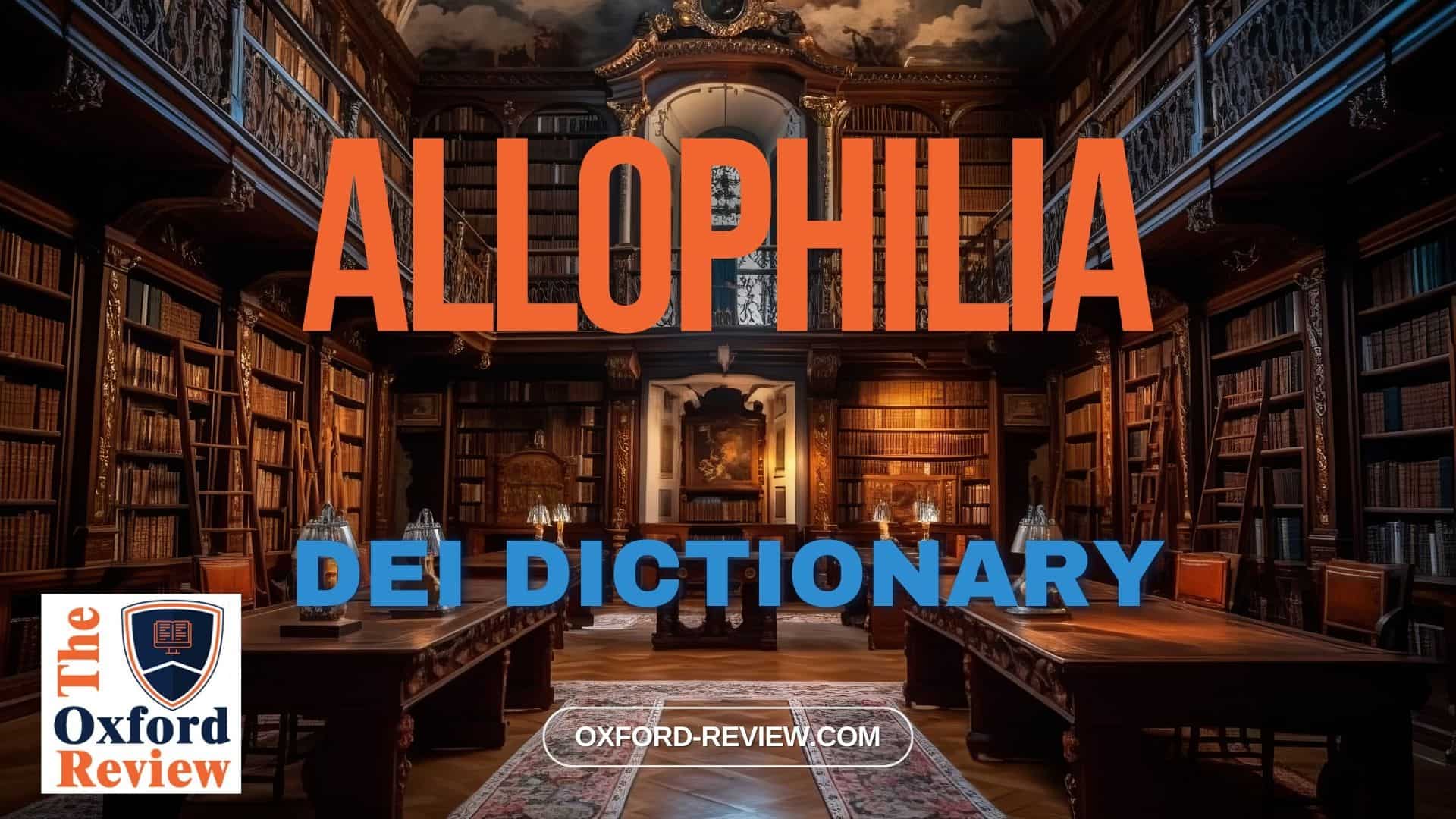Allophilia – Definition and Explanation

Understanding Allophilia: Fostering Diversity, Equity, and Inclusion
In the realm of Diversity, Equity, and Inclusion (DEI), the concept of Allophilia plays a pivotal role in creating harmonious and inclusive environments.
Definition:
Allophilia, coined by social psychologist Gordon Allport, refers to the positive feelings, attitudes, and behaviours towards individuals or groups who are perceived as being different from oneself. It stands in contrast to prejudice or xenophobia and encompasses a genuine appreciation and respect for diversity.
The Importance of Allophilia in DEI:
In today’s interconnected world, fostering Allophilia is crucial for creating inclusive workplaces, educational institutions, and communities. Embracing diversity not only enriches our social fabric but also drives innovation, creativity, and productivity.
Key Components of Allophilia:
- Empathy and Understanding: Allophilia involves empathising with others’ experiences and understanding their perspectives, regardless of differences in culture, ethnicity, religion, or background.
- Open-mindedness: Being open-minded allows individuals to challenge stereotypes and preconceived notions, fostering a deeper appreciation for the uniqueness of each person or group.
- Respect and Valuing Differences: Respecting differences and valuing diverse perspectives are fundamental aspects of Allophilia. It involves recognising the inherent worth and dignity of all individuals, irrespective of their differences.
Example:
Imagine a multinational corporation that actively promotes Allophilia within its workforce. Employees from various cultural backgrounds are encouraged to share their customs, traditions, and perspectives during company-wide events. Managers undergo cultural competency training to better understand and support team members from different backgrounds. As a result, employees feel valued, respected, and empowered to contribute their unique talents to the organisation’s success.
Conclusion:
In conclusion, Allophilia is a cornerstone of fostering diversity, equity, and inclusion in all facets of society. By promoting positive attitudes and behaviours towards diverse individuals and groups, we can create environments where everyone feels welcomed, respected, and valued. Embracing Allophilia not only strengthens social cohesion but also paves the way for a brighter and more inclusive future.
References:
Pittinsky, T. L. (2009). Allophilia: Moving beyond tolerance in the classroom. Childhood Education, 85(4), 212-215. https://www.tandfonline.com/doi/pdf/10.1080/00094056.2009.10523083
Pittinsky, T. L. (2005). Allophilia and intergroup leadership. Available at SSRN 739705. https://papers.ssrn.com/sol3/papers.cfm?abstract_id=739705
Pittinsky, T. L., & Montoya, R. M. (2009). Is valuing equality enough? Equality values, allophilia, and social policy support for multiracial individuals. Journal of Social Issues, 65(1), 151-163. https://spssi.onlinelibrary.wiley.com/doi/abs/10.1111/j.1540-4560.2008.01592.x
Be impressively well informed

Get the very latest research intelligence briefings, video research briefings, infographics and more sent direct to you as they are published
Be the most impressively well-informed and up-to-date person around...
